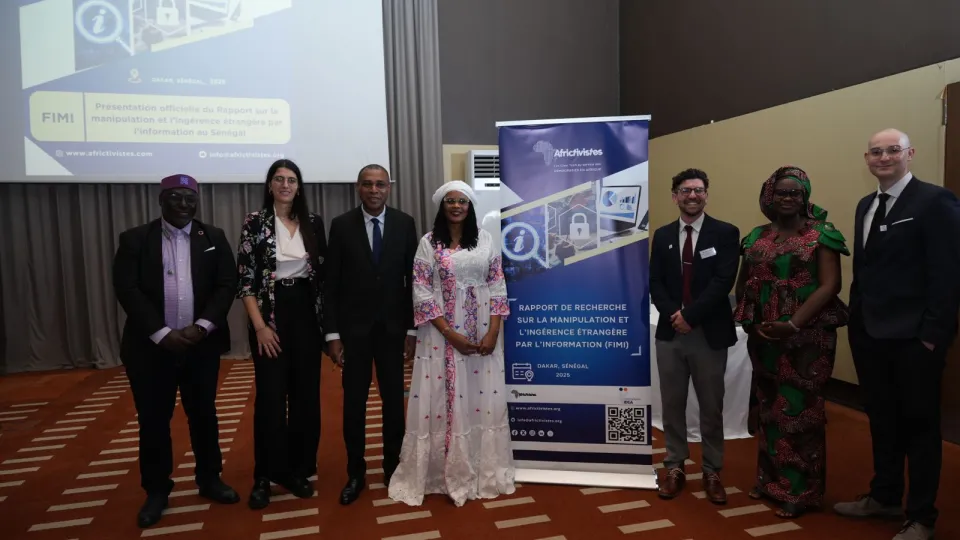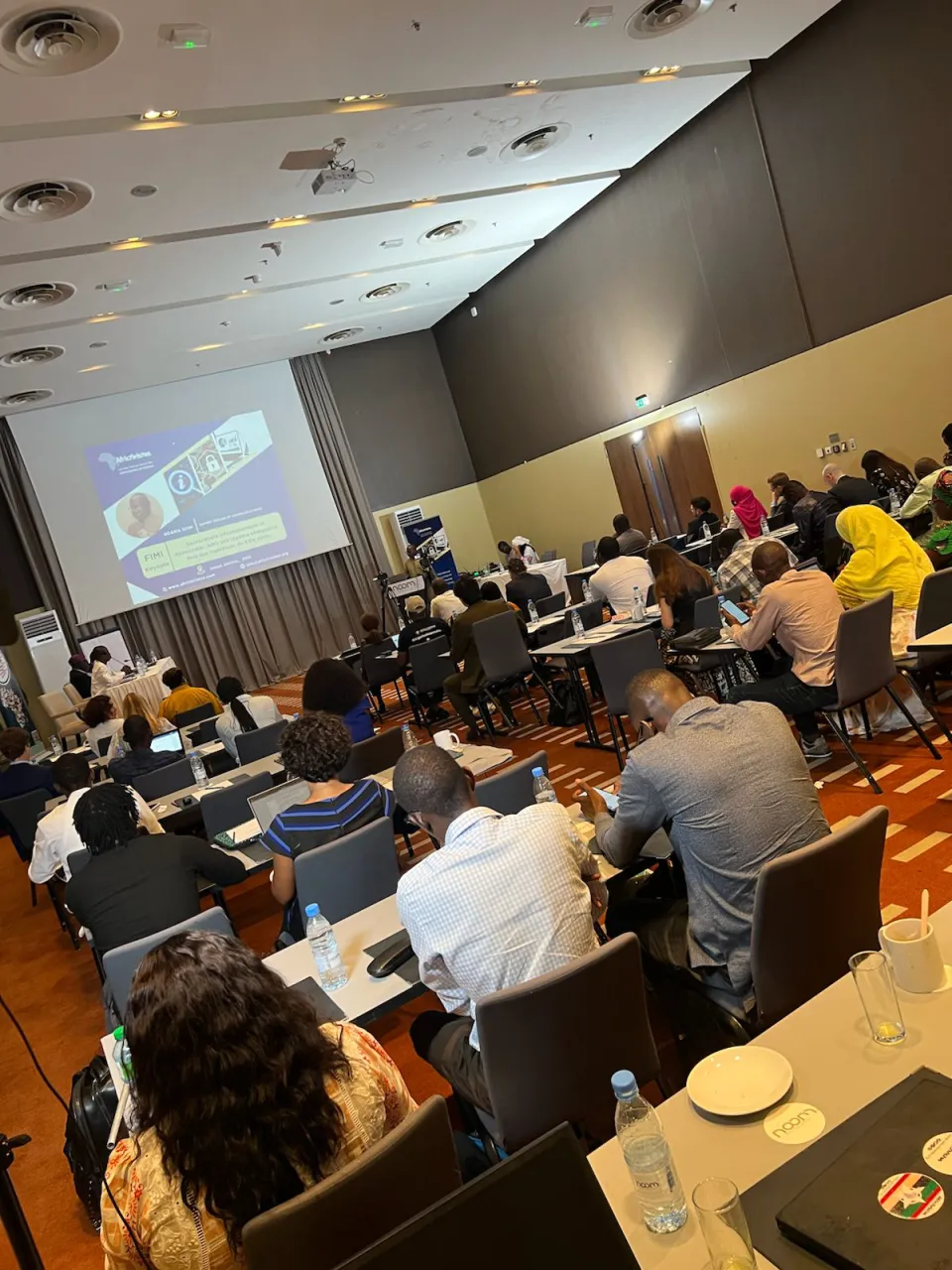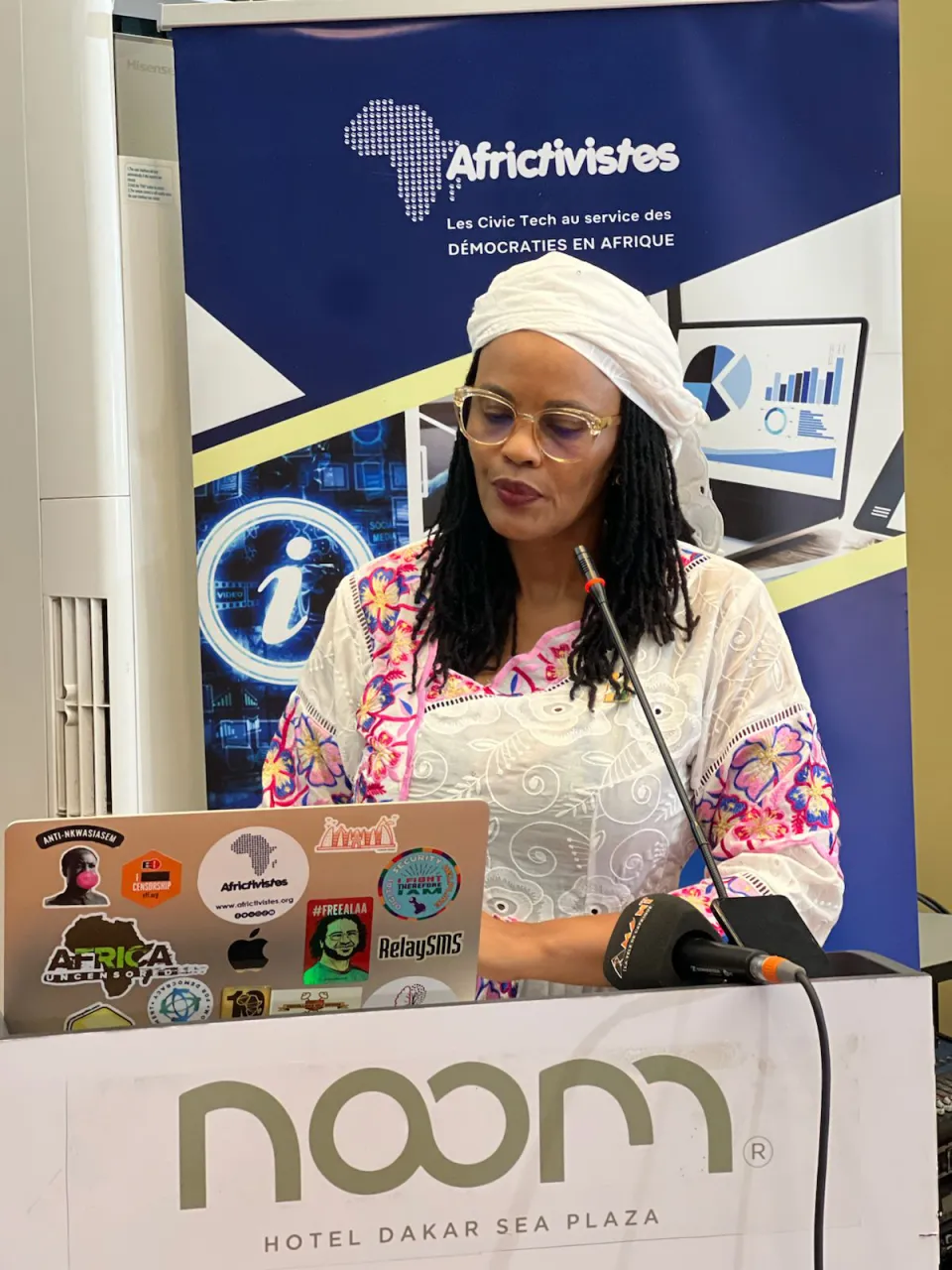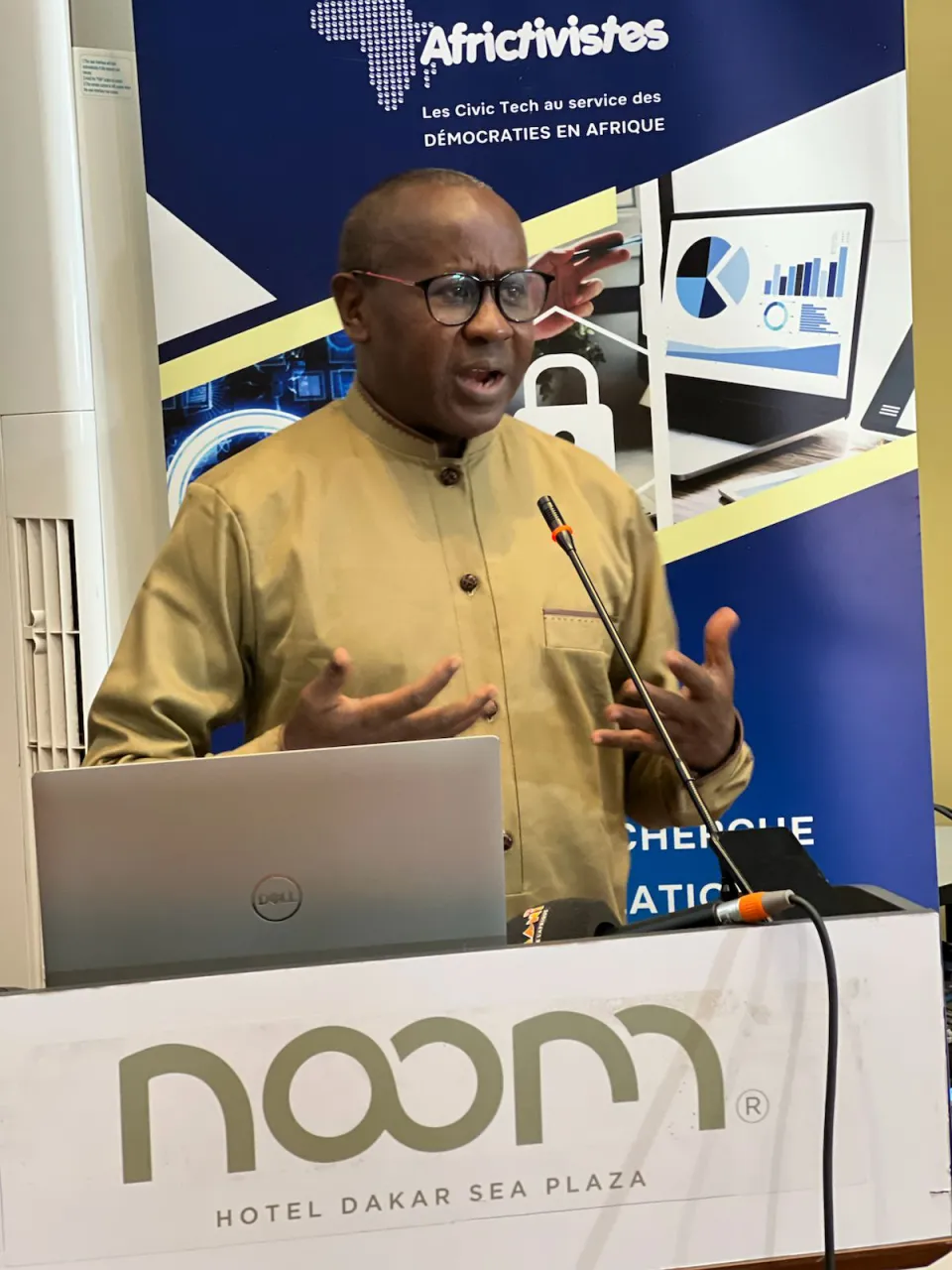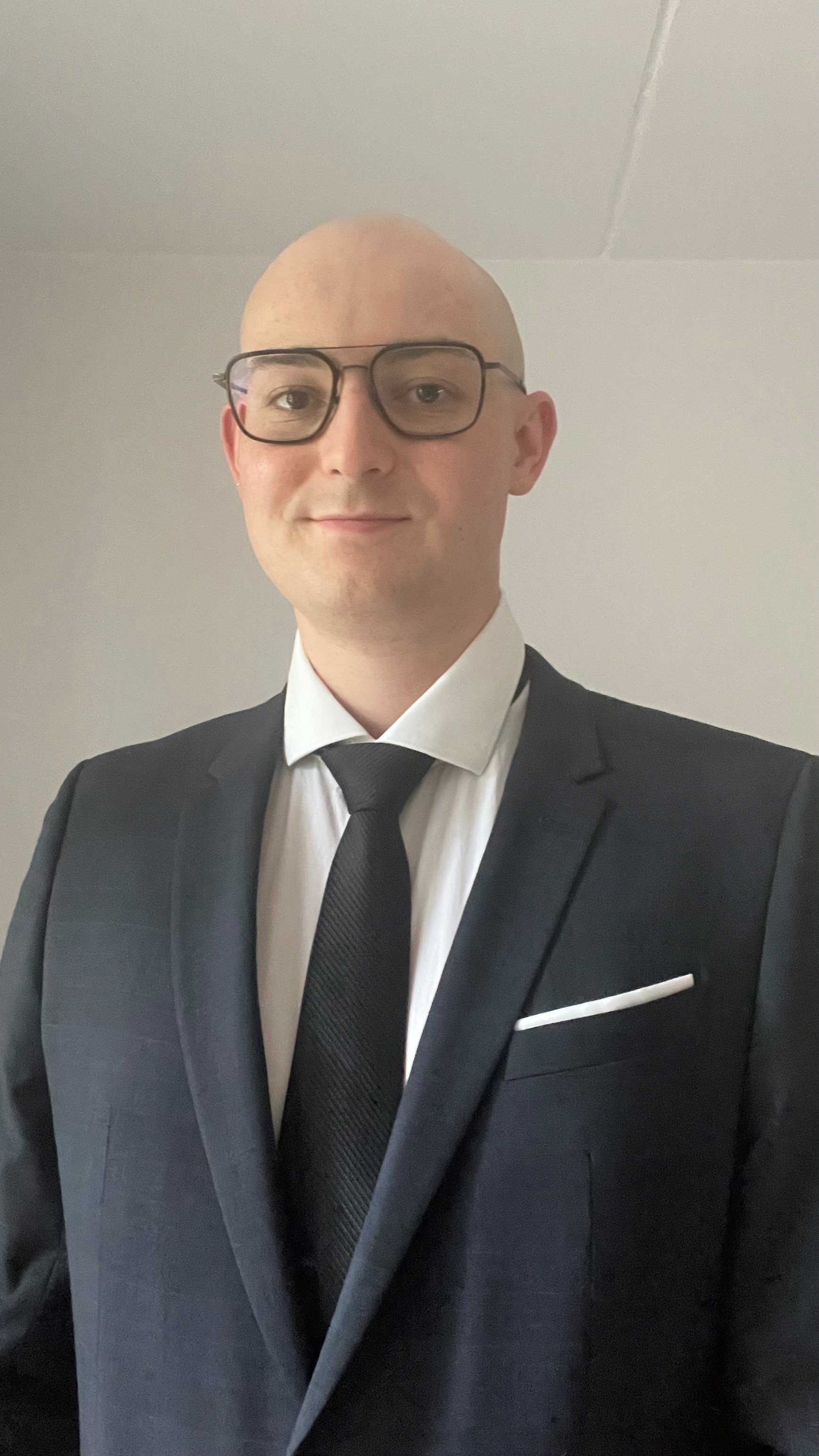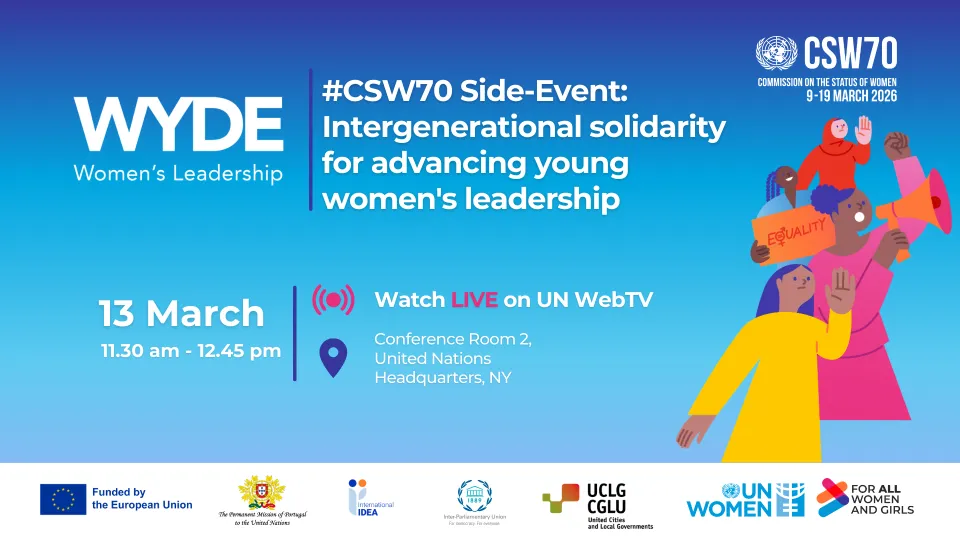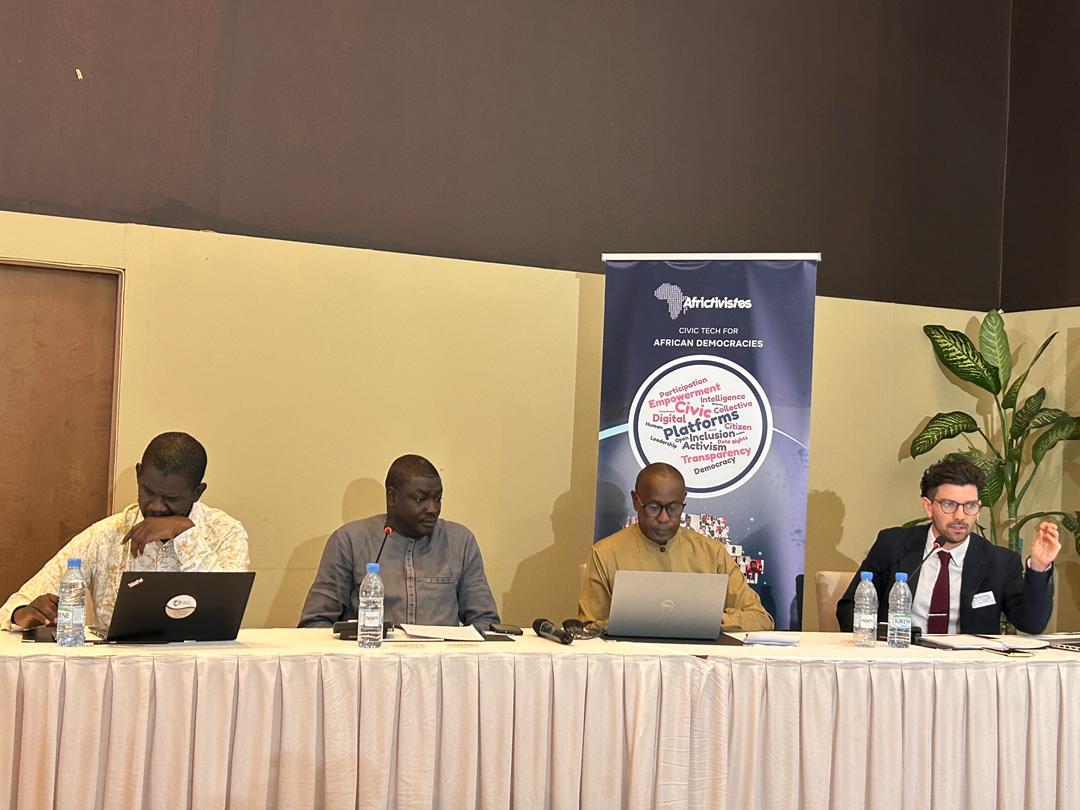
Combatting Election Related Foreign Information Manipulation and Interference in Senegal
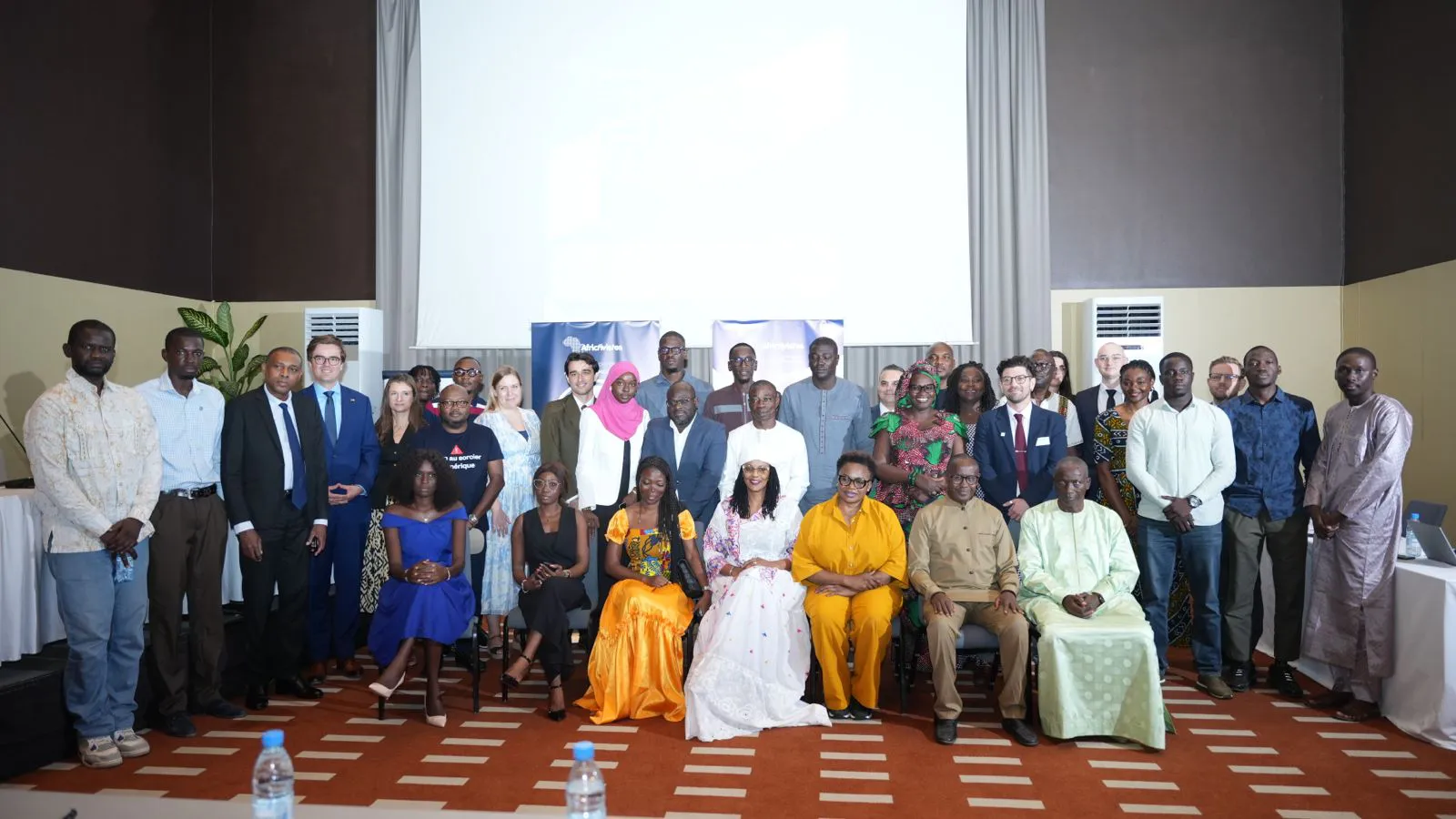
Supported by Global Affairs Canada, this was the first in a series of four national consultations held under the project Combatting election related Foreign Information Manipulation and Interference (FIMI). The initiative aims to strengthen the capacities of civil society and state institutions to recognize, analyse, and counter FIMI, with fundamental democratic rights at the core of every stage of the process.
Participants brought together a wide range of expertise, including policymakers, diplomats, journalists, and researchers, to discuss the growing threat of digital interference in Africa’s democratic processes. Representatives from the European External Action Service (EEAS), the Embassy of Canada, and the Ministries of Communication of Senegal and Côte d’Ivoire, along with members from Code for Africa and International IDEA attended this event. The event marked an important milestone for the project, being the first national study launched within its multi-country framework.
Although the report focuses on Senegal, it draws from International IDEA’s global methodology on FIMI titled “Analysing Enablers and Incentives of Election-Related Foreign Information Manipulation and Interference: A Global Methodology”, which is designed to help civil society conduct in-depth, context-based analyses of foreign manipulation and interference during elections. The approach identifies enablers - the political, technological, social, and legal vulnerabilities that make manipulation possible - and incentives, the motivations that drive foreign (and sometimes domestic) actors to exploit them. By combining data collection with local expertise, this framework empowers national actors to propose legal, institutional, and civic responses that strengthen democratic resilience while safeguarding fundamental freedoms.
As a pan-African organisation that promotes and defends democratic values, human rights and good governance through civic tech, AfricTivistes applied this framework to Senegal’s context to produce the first national analytical report on FIMI based on IDEA’s global methodology. Presented during the event, the report offers a deeper understanding of how foreign actors influence Senegal’s information landscape during election periods.
The report emphasizes Senegal’s status as West Africa’s most resilient country against FIMI, with a score of 60 out of 100 in the European Union Institute for Security Studies 2023 index. Yet, as the findings reveal, resilience does not equal immunity. Three main areas of vulnerability are identified: technological, media, and institutional:
- The lack of robust regulation of digital platforms has created technological weaknesses, allowing personal data to be exploited and disinformation to spread, particularly during elections. The 2019 presidential election serves as a case in point, with evidence of foreign interference from entities in Israel, Nigeria, and France through micro-targeting (wherein highly customized messages are disseminated to influence individuals) and data-driven campaigning to shape online narratives.
- The fragility of the media ecosystem, where economic dependence on political and foreign funding has deepened editorial polarization and eroded public trust. External actors have exploited institutional gaps to influence the national media space, taking advantage of limited regulation and moderation of online political content and foreign information sources. This has enabled the soft power of actors such as Russia and China to expand steadily.
- Foreign information manipulation is not only an external threat but also a domestic governance challenge, one that demands stronger collaboration between public institutions, media actors, and civil society.
Cheikh Fall, President of AfricTivistes, reflected on this during the event, underscoring the organization’s broader mission:
“We cannot safeguard our democracies if our citizens no longer know what to trust,” said Fall. “By confronting manipulation with knowledge, collaboration, and rights-based governance, we build a more transparent and resilient Africa.”
To reinforce Senegal’s democratic infrastructure, the report proposes several actionable measures. These include establishing a national media regulation authority to promote transparency and pluralism while protecting freedom of expression and developing independent media financing models to reduce foreign dependency. It also calls for the integration of media literacy programs into civic education to empower citizens and journalists alike to recognize and respond to manipulation.
The report also advocates for the creation of early-warning mechanisms and cross-institutional coordination frameworks to enable real-time monitoring and response to FIMI. Importantly, all recommendations are grounded in respect for fundamental rights, emphasizing that combating disinformation must never justify censorship or arbitrary restrictions on expression.
A recurring theme among speakers was the role of transparency and trust as foundations of a resilient democracy. Representatives from the Ministry of Communication, Telecommunications and the Digital Economy reaffirmed the government’s commitment to protecting the national information space, while AfricTivistes’ leadership emphasized the importance of collaboration between state and civil society.

In his keynote address, Adama Sow explored the notion of information sovereignty and democracy, urging a collective, context-driven response to the digital challenges of the 21st century. The subsequent panel, moderated by Sow, brought together experts including Dr. Sylla Sow, Papa Ismaïla Dieng, and Sebastian Becker, who discussed practical ways to anticipate and counter manipulation during electoral cycles. Panellists also stressed the urgency of developing an African policy framework for regulating privately owned digital platforms, noting that global tech companies like Facebook now command budgets exceeding those of entire national ministries.
Sebastian Becker, Associate Programme Officer for Digitalization and Democracy at International IDEA, noted that:
the resilience of democracies depends not only on strong institutions, but also on informed citizens and responsible media ecosystems.” He added that the methodology “places civil society at the centre of this defence, equipping them with the analytical tools needed to understand and anticipate manipulation.
This national dialogue in Dakar marks the beginning of a broader regional process. In the months ahead, similar consultations will be held in Côte d’Ivoire, North Macedonia, and Moldova, each contributing to a comparative analysis and a shared set of policy recommendations to protect electoral integrity worldwide. Over the next year, the project will continue to engage with civil society organizations and electoral stakeholders in crafting democratic responses to the complex challenges of information integrity in the country.
